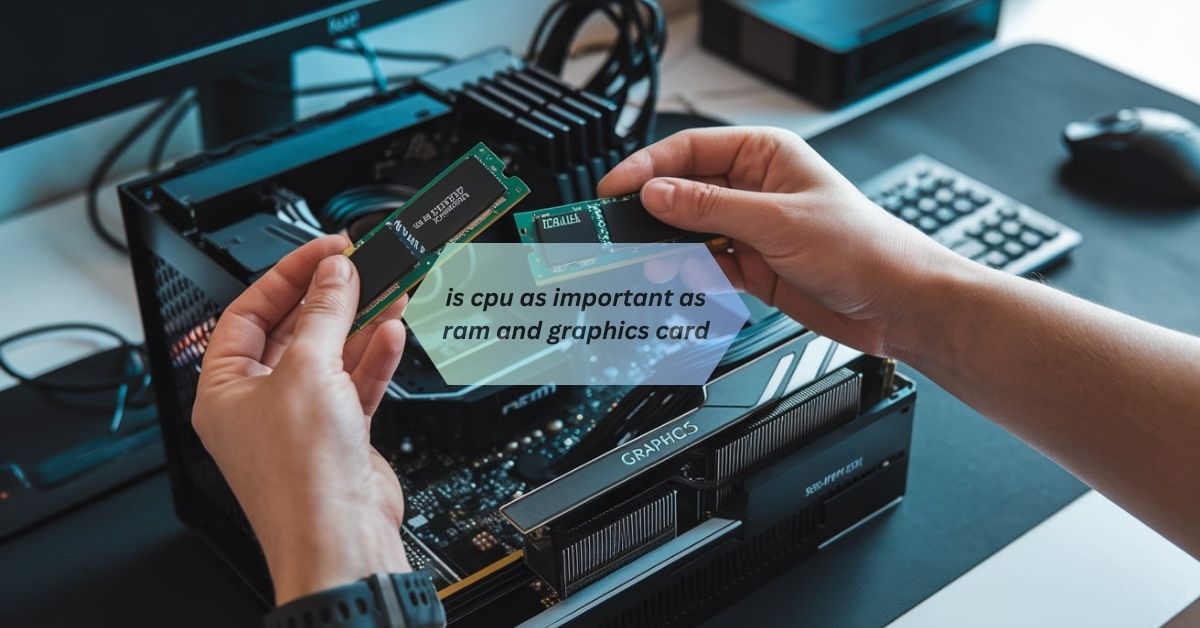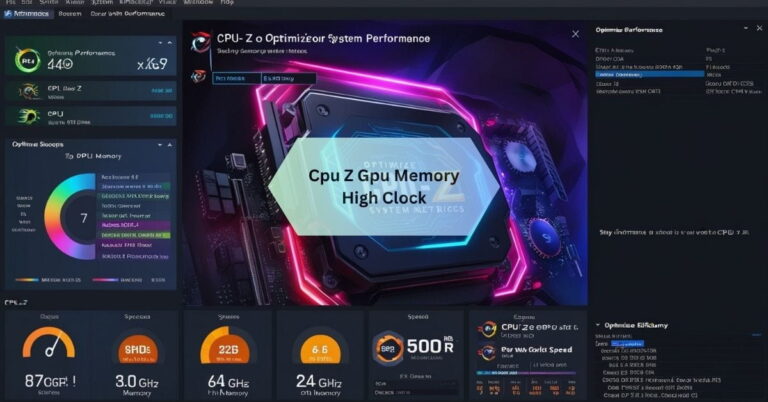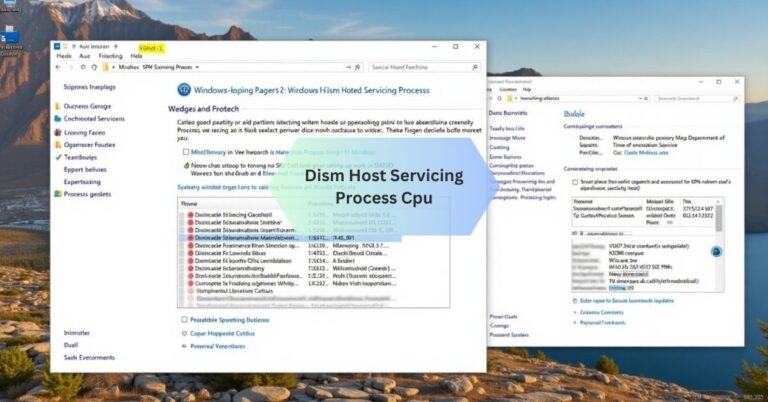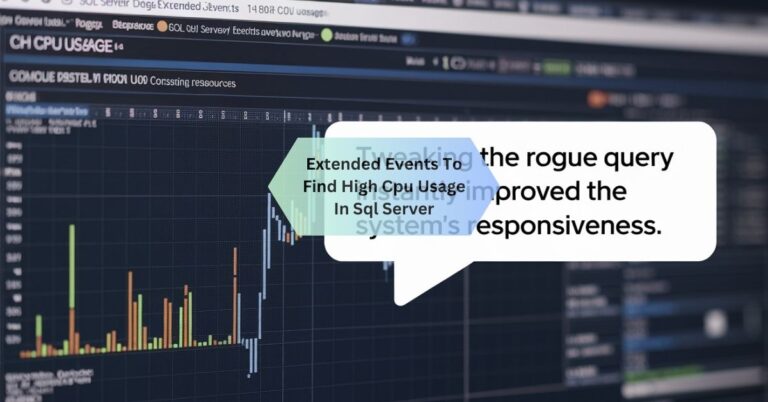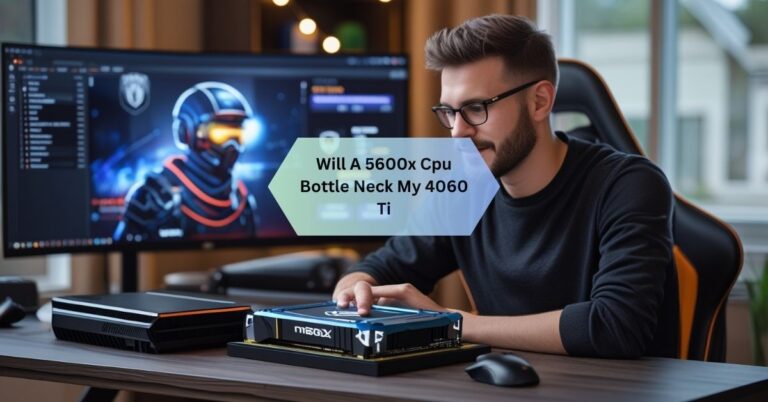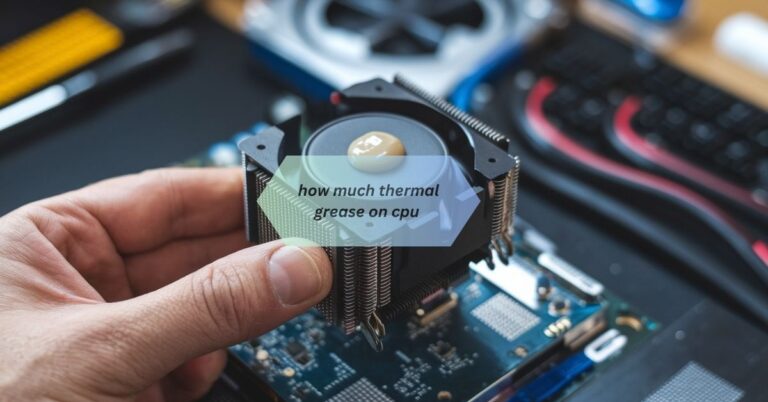is cpu as important as ram and graphics card – Find Out!
I used to think the CPU was the most important part of my PC, but after upgrading my RAM and graphics card, I realized how much they contribute to the overall performance. At first, my games would lag despite having a decent processor, but once I boosted my RAM and got a better graphics card, everything ran much smoother.
The CPU, RAM, and graphics card all play crucial roles in your PC’s performance. While the CPU handles processing tasks, RAM helps with multitasking, and the graphics card is key for smooth visuals. In my experience, balancing these components is essential for optimal performance.
Do You Need To Prioritize Cpu, Ram, Or Graphics Card In Your Next Build?
When you’re building a modern PC, it’s vital to think almost what you’ll utilize it for. If you’re gaming, you ought to likely put a bit more center on the design card, since it handles how everything looks on screen. If you’re into multitasking or video altering, at that point more Smash will offer assistance keep everything running easily.
The CPU is the heart of your computer, so don’t disregard it, but it’s all almost adjust. It truly depends on what your fundamental utilize is. If you require to select one, center on what you utilize the most. All parts ought to work together for the best experience.
Is The Cpu Just As Important As Ram And Graphics Card For Your Pc?
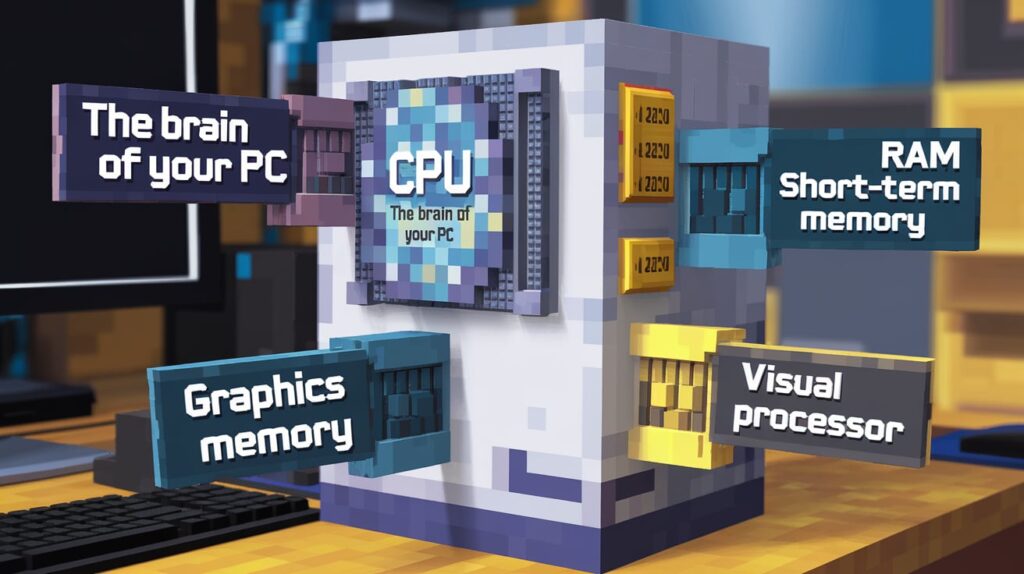
RAM (Random Access Memory) and the graphics card (GPU) are just as crucial, especially depending on what tasks you’re using your PC for.
Cpu – The Brain Of The System:
The CPU processes all instructions and coordinates all the activities happening within your computer. It handles tasks like running applications, managing system resources, and executing game logic. A faster CPU can speed up tasks like video editing, programming, and multitasking, but it needs the support of RAM and the graphics card for optimal performance.
Ram – The Helper For Smooth Multitasking:
RAM is essential for your system’s ability to handle multiple tasks at once. When you open a lot of applications, the RAM holds onto temporary data, making it easy for the CPU to access quickly. Without enough RAM, your computer will struggle to keep up with demands, causing slowdowns, especially when running memory-heavy programs like browsers with many tabs or video editing software.
Graphics Card – Key For Visuals And Gaming:
The GPU or graphics card is responsible for rendering images, videos, and animations, which is why it’s so important for gaming, video editing, and design work. While the CPU handles the logic and instructions, the GPU handles the visual output, ensuring that games, movies, and graphics run smoothly.
Balancing All Three For Best Performance:
While the CPU is important for processing, you need to balance it with RAM and GPU depending on your usage. For gaming, the GPU should be prioritized, while for productivity and multitasking, more RAM is often needed. In tasks that require a lot of processing power (like rendering or compiling), a fast CPU will make a big difference.
How Much Does Ram Really Matter Vs Gpu?
For gaming, the GPU is the clear winner – it has the biggest impact on performance. More RAM can help with multitasking and running large programs, but you won’t notice much of a difference in gaming unless you have too little (under 8GB). For creative work like video editing or 3D modeling, both matter, but a powerful GPU will speed up rendering and effects.
Is Your Cpu As Crucial As Ram And Graphics Card For Smooth Computing?
The CPU is truly imperative since it forms all the errands your computer needs to do, but it’s not the as it were thing that influences smooth computing. Smash makes a difference your computer oversee numerous assignments at once, and the illustrations card guarantees everything looks great, particularly in recreations or graphic-heavy work.
I’ve learned that whereas a effective CPU is basic, it won’t perform at its best without sufficient Smash or a better than average illustrations card. So, adjusting these components is the key to a smooth and productive involvement. Each one plays a part in how your framework performs.
Understanding The Balance Between Cpu, Ram, And Graphics Card In Your Pc Build
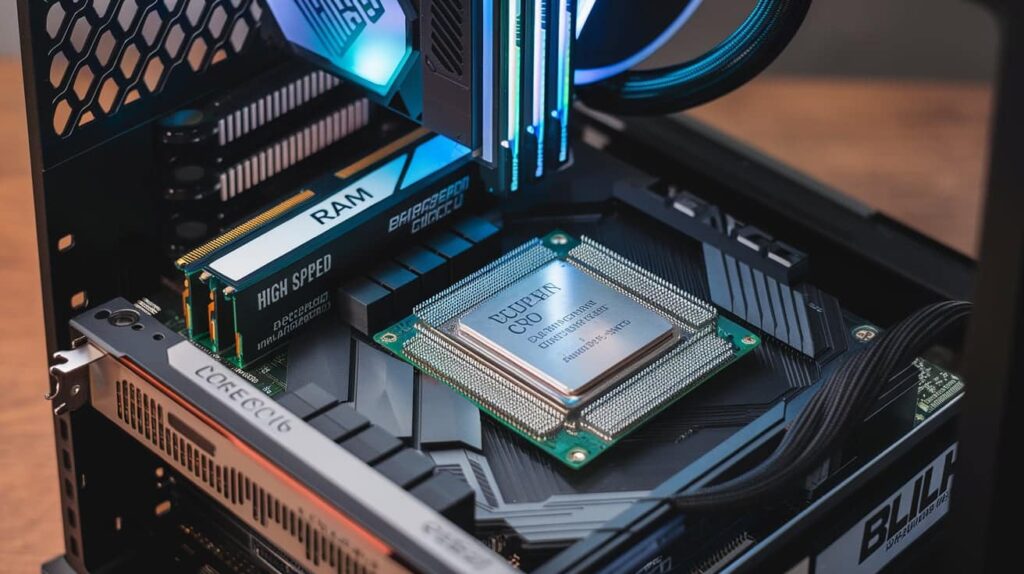
Each of these components plays a vital role, and optimizing them according to your needs ensures your PC performs at its best, whether you’re gaming, working, or creating content. Let’s break down the functions of each component and how to balance them for an optimal build.
The Role Of The Cpu:
The CPU is often referred to as the “brain” of the computer because it handles most of the calculations and instructions that make your PC run. It’s responsible for executing code, running software applications, and managing system resources. A faster CPU can speed up processes like compiling code, rendering videos, or managing large datasets in spreadsheets.
Ram – The Temporary Workspace:
RAM is your system’s short-term memory. It stores the data that the CPU is actively working on, providing quick access to information your PC needs immediately. The more RAM you have, the better your system can handle multitasking. If you’re working with multiple applications open at the same time or using programs that require significant memory (such as video editing software or large databases), having enough RAM ensures smooth operation.
The Graphics Card – Responsible For Visual Processing:
The GPU is responsible for rendering images, videos, and animations. While the CPU handles the logic and commands, the GPU handles all the visual output. For gaming, 3D rendering, and video editing, the GPU is crucial because it offloads the heavy lifting of visual rendering from the CPU.
Avoiding Bottlenecks:
A bottleneck occurs when one component of your PC limits the performance of the others. For example, if you install an extremely powerful GPU with a slow CPU, the CPU will struggle to keep up, making the GPU’s power underutilized. Similarly, a weak graphics card in a high-performance CPU build will leave you with poor visuals and lower frame rates.
Future-Proofing Your Build:
While it’s tempting to go for the latest and most powerful components, it’s important to consider what your needs will be in the future. Investing in a slightly more powerful CPU, more RAM, or a higher-end GPU can give you a longer-lasting system that handles upcoming software demands.
The Importance Of Compatibility:
Finally, when building a PC, it’s crucial that all components are compatible with each other. For instance, you don’t want a CPU that’s too old for the motherboard or RAM that doesn’t fit your motherboard slots. It’s also important to check if your power supply can handle the combined power requirements of the CPU, GPU, and other components.
Which Matters More: Cpu, Ram, Or Graphics Card For Gaming And Performance?
When gaming, the design card more often than not takes the lead since it controls how the diversion looks and runs. A awesome GPU can make all the contrast in outline rates and by and large visual quality. Be that as it may, a great CPU is still imperative since it forms all the game’s commands and informational.
Slam makes a difference both the CPU and GPU by putting away information they require to get to rapidly. From my involvement, having a great blend of all three—CPU, Smash, and GPU—is fundamental for a strong gaming involvement.
What Is More Important To Upgrade, Cpu Or Gpu?
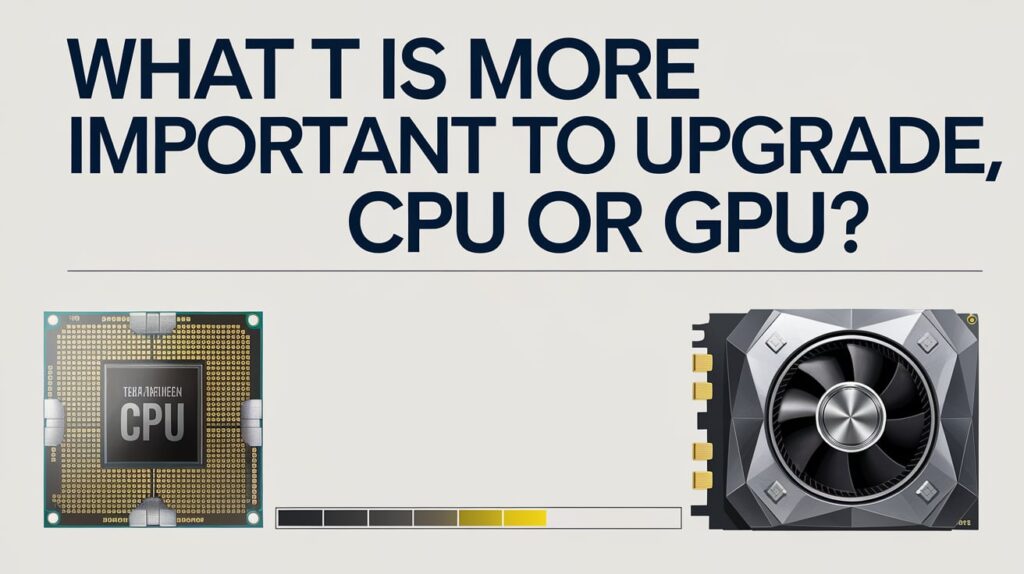
Gaming
- Upgrade the GPU: In most gaming scenarios, the GPU (Design Handling Unit) is the more imperative component for progressing execution. Graphics-intensive diversions request more from the GPU to handle things like surfaces, shaders, and high-resolution rendering.
- When to update CPU: If your CPU is obsolete and causing bottlenecks (e.g., the outline rates aren’t moving forward with a unused GPU), at that point overhauling the CPU can offer assistance. This can be especially recognizable in CPU-intensive recreations (technique recreations, open-world recreations, etc.).
Video Editing, 3d Rendering, And Creative Work
- Upgrade the GPU: Errands like video altering, 3D rendering, and working with Adobe Imaginative Cloud (e.g., Debut Professional, After Impacts, or DaVinci Resolve) can regularly be quickened by the GPU. Advanced GPUs handle parallel preparing well, permitting speedier rendering times and smoother real-time previews.
- When to overhaul CPU: If your CPU is exceptionally ancient and battles with multi-threaded assignments, an update can make strides in general framework responsiveness, particularly in multi-tasking circumstances and when rendering in program that isn’t optimized for GPU acceleration.
Machine Learning
- Upgrade the GPU: Machine learning, profound learning, and AI errands advantage essentially from the control of the GPU. Present day GPUs (such as NVIDIA’s RTX arrangement) are built for parallel handling, which is fundamental for preparing machine learning models and running neural systems. GPUs can significantly quicken these workloads.
- When to update CPU: If you’re running recreations or complex numerical models that require a parcel of single-threaded execution (e.g., a few logical computations), a quicker CPU might be accommodating, in spite of the fact that for most AI work, the GPU is the key.
Productivity / Office Work
- Upgrade the CPU: For common efficiency errands (e.g., word preparing, spreadsheets, web browsing, and video conferencing), the CPU is regularly more vital. A quicker CPU will move forward the responsiveness of your framework, particularly when dealing with complex archives or multitasking.
- When to update GPU: A committed GPU isn’t essential for regular office errands, unless you’re working with graphics-heavy substance (e.g., CAD, 3D modeling) or require additional graphical control for different displays.
Streaming And Content Creation
- Upgrade the GPU: If you’re spilling recreations or substance and need high-quality video yield, updating your GPU can offer assistance with encoding (e.g., utilizing NVENC on NVIDIA cards). It guarantees smoother gameplay and superior video quality whereas streaming.
- When to update CPU: If you’re doing CPU-intensive gushing (like encoding by means of computer program or maybe than equipment) or if you’re utilizing your computer for multitasking (amusement + spilling + recording), overhauling the CPU can anticipate bottlenecks and guarantee smooth execution over the board.
Is The Cpu The Key To Better Performance, Or Is Ram And Graphics Card More Crucial?
The CPU is critical for by and large execution since it handles a parcel of handling, but it’s not the as it were thing that things. If you need smooth execution in things like gaming or video altering, the illustrations card is fair as imperative.
Slam moreover plays a huge part by giving space for assignments to be taken care of without abating down your framework. I’ve found that whereas the CPU is significant, without sufficient Smash or a better than average illustrations card, execution will endure.
FAQS:
Does Updating Smash Progress Gaming Performance?
Upgrading Slam can offer assistance if you’re running moo (less than 8GB), but past 16GB, it more often than not won’t boost gaming execution much. The GPU plays a greater part in graphics-heavy games.
How Much Smash Do I Require For Video Editing?
For video altering, 16GB is a great beginning point, but 32GB is perfect for taking care of 4K film and overwhelming ventures. More Slam makes a difference with smoother timelines and faster rendering.
Can A Great Gpu Compensate For Moo Ram?
A effective GPU can boost graphical execution, but if you don’t have sufficient Smash, your framework might moderate down or battle with multitasking or huge records, causing bottlenecks.
Is 8gb Of Slam Sufficient For Gaming?
8GB of Slam can be sufficient for most recreations at lower settings, but for present day titles or gaming whereas spilling, 16GB is favored to dodge execution plunges.
Conclusion
optimizing your website for search engines is essential for improving visibility and attracting organic traffic. By focusing on content quality, keyword strategy, backlinks, and technical factors like page speed and mobile-friendliness, you can enhance your website’s ranking and overall performance in search engine results.
